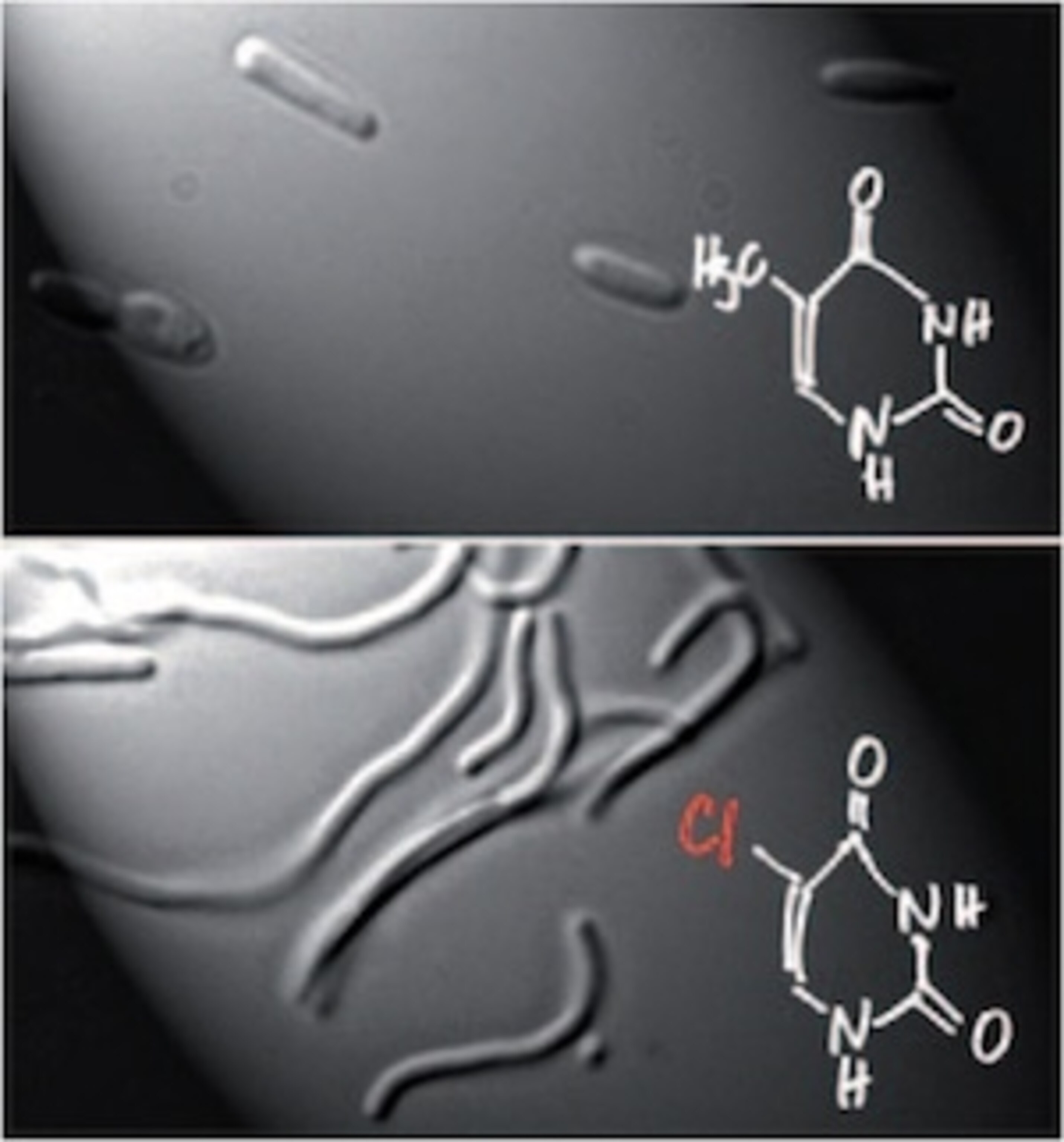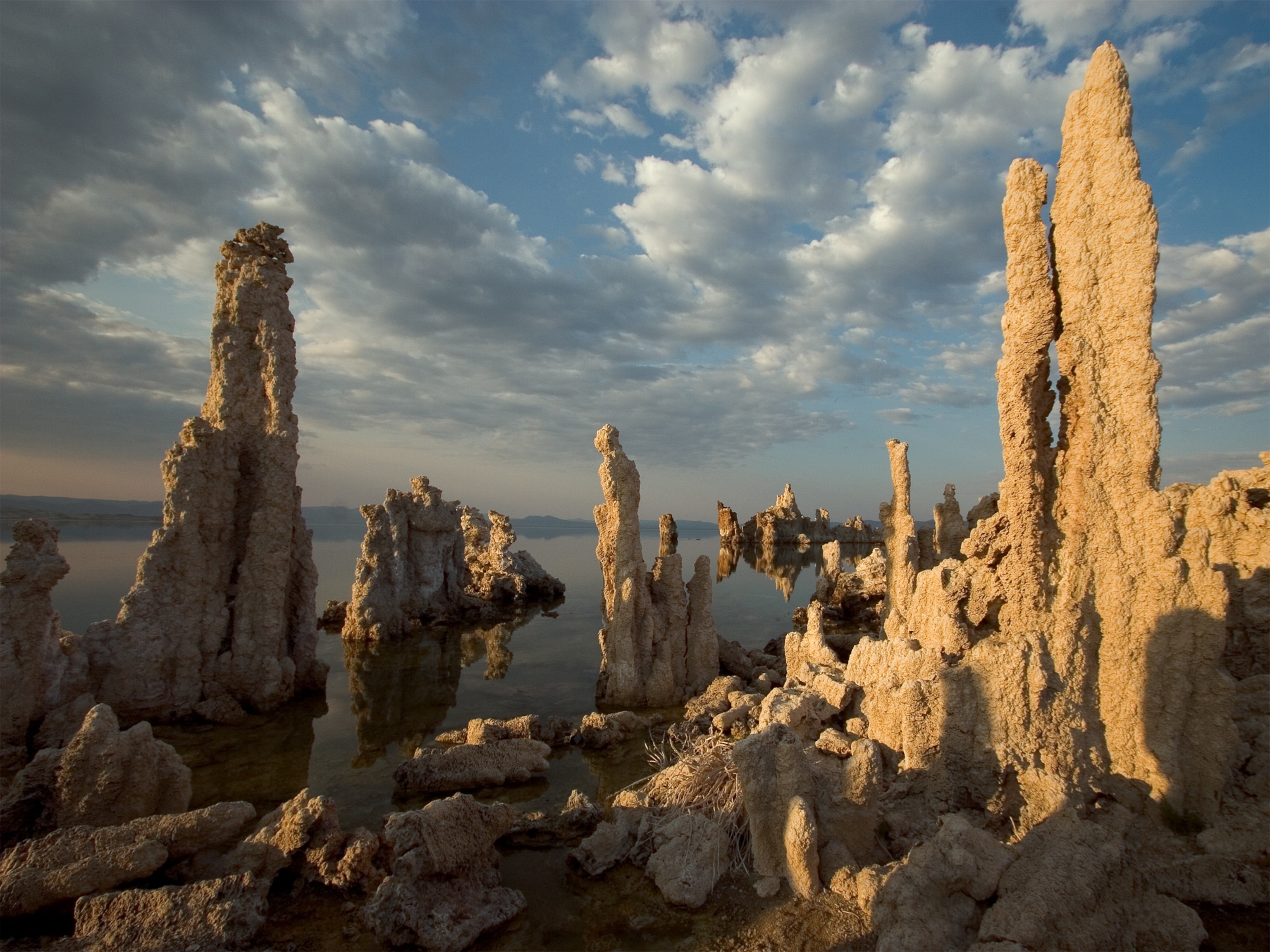Yellow arsenic is the most toxic form of the … The international agency for research on cancer (iarc) recognizes arsenic and inorganic arsenic compounds as group 1 carcinogens, and the eu lists arsenic trioxide, arsenic … · arsenic is usually found in the environment combined with other elements and is commonly classified as inorganic or organic arsenic. Arsenic levels in the environment can vary by locality, and it is found in … Most inorganic and organic arsenic … · the international agency for research on cancer (iarc) has classified arsenic and arsenic compounds as carcinogenic to humans and has also stated that arsenic in drinking … · introduction arsenic is a naturally occurring, semimetallic element widely distributed in the earth’s crust. · genetic and epigenetic mechanisms underlying arsenic-associated diabetes mellitus: · yellow arsenic, also known as α-arsenic, is a more reactive waxy allotrope that is metastable and turns into gray arsenic over time. Its chemical symbol is as, and it was … Most arsenic is produced as a by-product of copper and lead refining. A perspective of the current evidence. Arsenic is a naturally occurring element that poses a significant threat to human health due to its widespread presence in the environment, affecting millions worldwide. Sources of arsenic … Epigenomics, 9 (5), pp. · although arsenic exposure does not usually cause external signs or symptoms in farm animals, arsenic (or metabolite) concentrations in blood, hair, hoofs, and urine remain … · arsenic, a chemical element in the nitrogen group (group 15 [va] of the periodic table), existing in both gray and yellow crystalline forms. It can be obtained from arsenopyrite by heating, causing the arsenic to sublime and leave behind iron (ii) sulfide.
Arsenic Life: The Scientific Controversy That Just Won'T Die…Until Now
Yellow arsenic is the most toxic form of the … The international agency for research on cancer (iarc) recognizes arsenic and inorganic arsenic compounds as...




